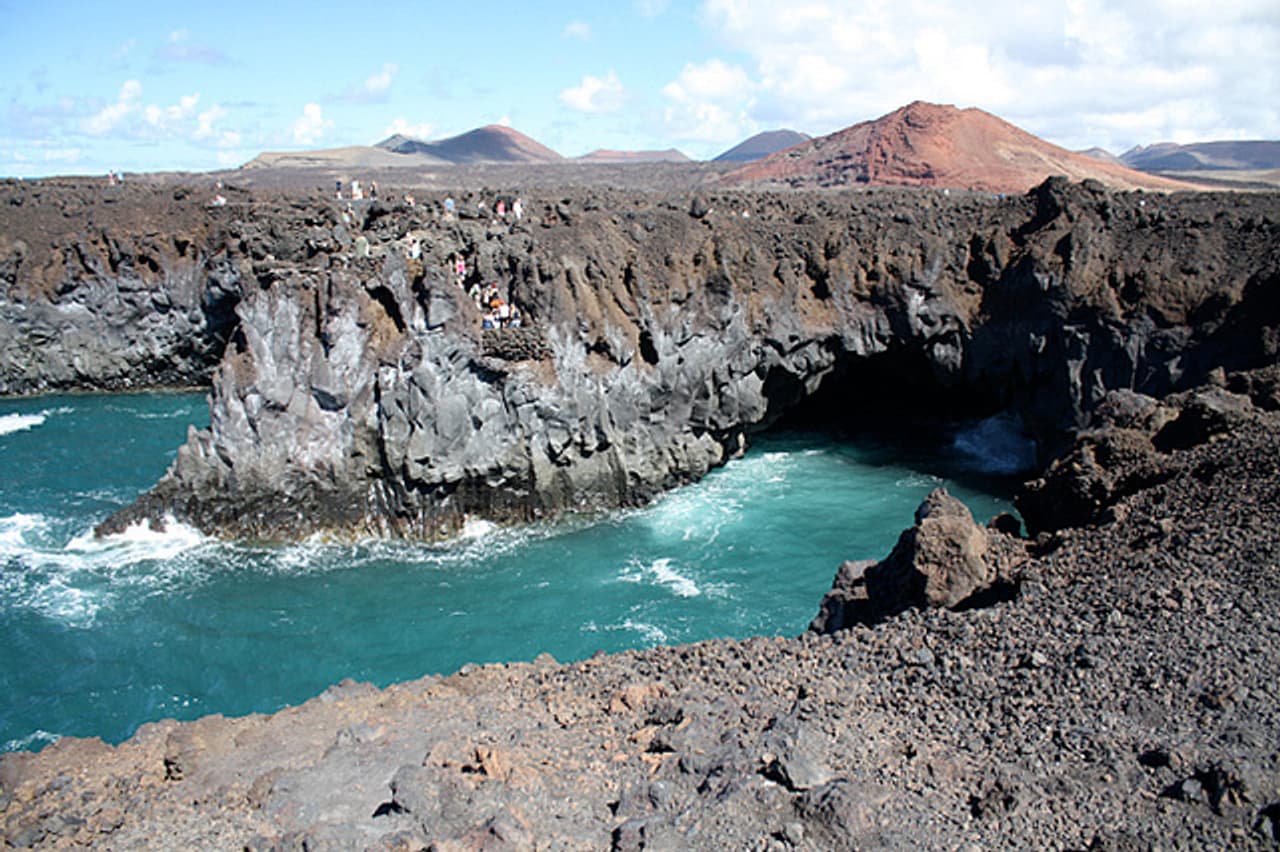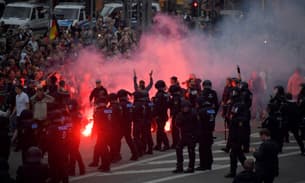
EU money used to build illegal hotels on UNESCO site
Lanzarote, the popular Canary Islands tourist destination, faces the possibility of losing a valuable environmental classification because of overdevelopment of some coastal areas and alleged corruption among local officials.
According to the United Nations Educational, Scientific and Cultural Organisation (UNESCO), the Spanish islands unique “Reservation of the Biosphere” status, awarded in 1993, is under review because of hotel developers’ disregard for local, regional and national planning and environmental rules.
The UNESCO review follows a joint investigation by the London-based Bureau of Investigative Journalism and the Financial Times into how EU funds were used to fuel the building boom on land earmarked as environmentally sensitive.
Eight luxury hotels on the island – some of which use the biosphere status to promote their businesses – qualified for €23.6m of EU funding under schemes designed to generate employment in the area, the FT/BIJ investigation found.
More than 30 local officials and businessmen in Lanzarote have been arrested in connection with the use of illegal planning permits on the island and the EU’s anti-corruption team, OLAF, has been charged with ensuring that the EU subsidies are returned.
Lanzarote’s governing council and a regional court found as many as 24 hotels on the island, including seven that received EU funding, were in breach of local planning laws designed to protect the fragile local landscape.
Although the island’s government are obliged to inform UNESCO of any changes in circumstance that may affect their biosphere status, the organisation was unaware of the illegal hotels until it was contacted by the FT and BIJ last week.
UNESCO said these cases could jeopardise Lanzarote’s biosphere status, which has helped the island win special grants and funding, including from Brussels.
Meriem Bouamrane, UNESCO spokesperson, said: “Lanzarote had a very good application. Mass tourism was not something they were developing. They promoted sustainable tourism that was more respectful to the environment.”
“We are in touch with the Spanish authorities about the situation,” she added. “If the developments are not respecting local needs and are impacting on the environment the title can be revoked.”
Although there are 564 declared biosphere sites in 109 countries – including 30 in Spain – Lanzarote is the only one which is an entire island.
The most northern, arid and volcanic of the main islands of the Canaries archipelago, it is considered of special scientific interest because of its unusual landscapes and plant and animal life. Although possibly the oldest of the island chain, it was completely transformed by a six-year volcanic eruption in the 18th century.
Despite its rarity value, Lanzarote, like much of Spain’s Mediterranean coast and island groups, succumbed to intense tourist and residential development as part of a broader construction boom that ended in 2007 with a string of corporate insolvencies and massive oversupply.
Although successive governing councils on the island have sought to control development, allegedly corrupt municipal authorities have waved through numerous hotel and residential developments which have since been declared illegal.
By Caelainn Barr, the Bureau of Investigative Journalism, and Mark Mulligan, the Financial Times




